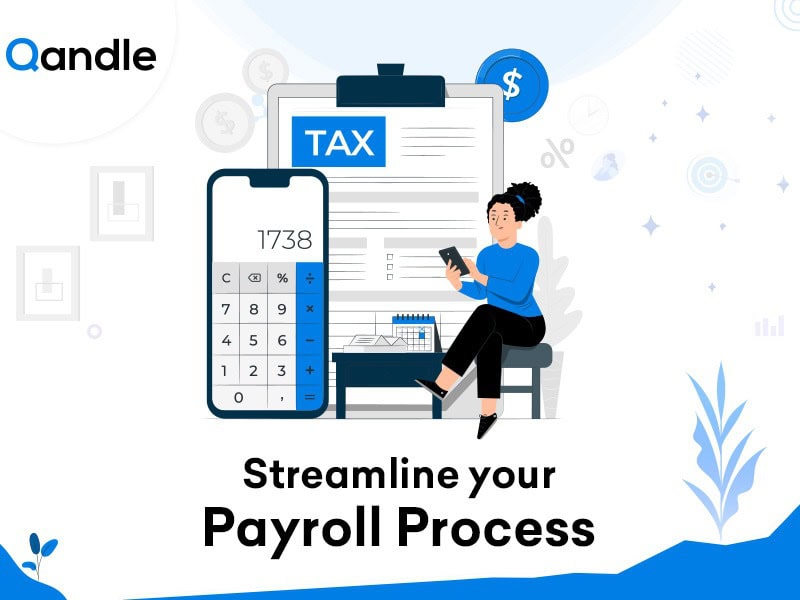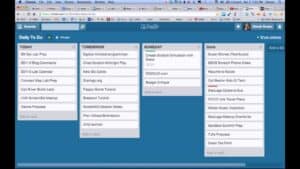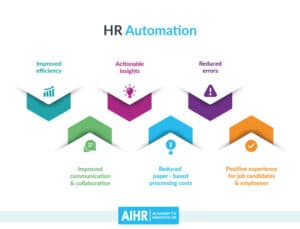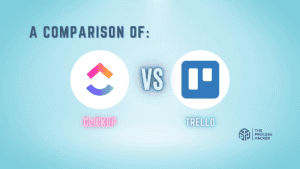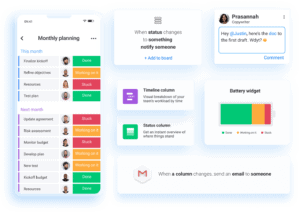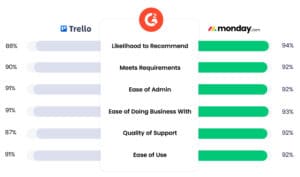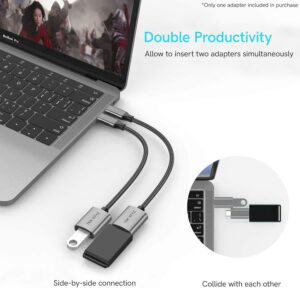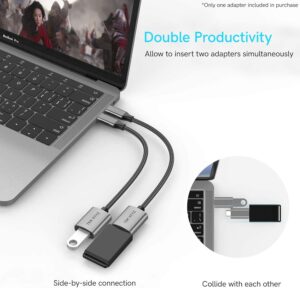Streamline Your Team’s Efficiency with Payroll Tools
Running a successful business requires smooth team operations, and one of the key components to that is accurate and efficient payroll management. Payroll tools simplify the complex process of paying employees, managing deductions, and ensuring compliance with tax regulations. Whether you’re a small business or a large enterprise, automating your payroll processes can save time, reduce errors, and keep your team happy. In this article, we’ll explore the benefits of payroll tools and how to implement them for your business.
Why Payroll Tools Matter for Your Business
Payroll is one of the most critical functions in any business. However, manual payroll processing can be time-consuming and prone to errors, leading to costly mistakes. Payroll tools offer a streamlined solution that automates much of the payroll process, reducing the risk of human error, saving time, and ensuring that employees are paid accurately and on time. By investing in the right payroll tools, businesses can improve efficiency, ensure compliance, and focus on their core operations without worrying about payroll issues.
Key Benefits of Using Payroll Tools
1. Time-Saving Automation
Automating payroll processes eliminates the need for manual calculations and data entry. Payroll tools can automatically calculate wages, track hours worked, and apply deductions and taxes, all in a matter of minutes.
- Tip: Look for payroll tools that integrate with your time-tracking system to further streamline the process.
2. Accuracy and Compliance
Payroll mistakes can be costly—not just in terms of correcting the error, but in potential fines for non-compliance. Payroll software ensures that all calculations are accurate, and most tools automatically update tax rates to ensure compliance with changing regulations.
- Tip: Choose a payroll tool that offers automatic tax filing and compliance updates.
3. Employee Satisfaction
One of the easiest ways to keep employees happy is to ensure they are paid correctly and on time. Payroll tools allow for quicker processing times and reduce the risk of errors, helping to build trust and reliability within your team.
- Tip: Opt for tools that allow employees to view their payslips, request time off, or update their details through a self-service portal.
4. Scalability
As your business grows, so does your workforce. Payroll tools are designed to scale with your business, allowing you to easily manage payroll for a few employees or a large team without increasing the workload.
- Tip: Select a payroll solution that can handle multiple pay schedules, pay types, and even international payroll if your team expands globally.
5. Data Security
Handling payroll manually exposes your business to security risks such as identity theft or loss of sensitive employee information. Payroll software offers a more secure environment, encrypting data and ensuring that only authorized personnel have access to sensitive information.
- Tip: Ensure that your payroll tool has robust security features, such as encryption and two-factor authentication, to protect your data.
How to Choose the Right Payroll Tool for Your Business
1. Consider Your Business Size and Needs
Some payroll tools are better suited for small businesses, while others are designed for large enterprises. Identify the unique needs of your business and select a payroll tool that fits. For instance, small businesses may prioritize ease of use and affordability, while larger organizations may require more advanced features like multiple pay schedules and integration with other HR software.
2. Integration with Other Tools
A payroll tool that integrates seamlessly with your other business software (such as time-tracking, project management, and accounting tools) can save time and reduce errors. Look for payroll solutions that offer integrations with your existing systems to create a cohesive workflow.
3. Support and Training
Even with the best payroll tools, you may encounter issues or need help setting up your system. Choose a provider that offers excellent customer support and comprehensive training resources to ensure a smooth transition to your new payroll process.
4. Customization and Flexibility
Every business is different, and so are its payroll needs. Some payroll tools allow you to customize features such as pay types, overtime calculations, and tax settings to better align with your business model.
Top Payroll Tools for Your Team
- Gusto
Gusto offers a full-service payroll solution that’s ideal for small and medium-sized businesses. It automates payroll tax calculations, filings, and payments and provides benefits administration tools. Employees can also access a self-service portal to view their payslips and benefits. - QuickBooks Payroll
Designed for businesses that already use QuickBooks for accounting, QuickBooks Payroll provides seamless integration, offering payroll processing, tax filing, and time-tracking features. It’s perfect for businesses looking to streamline accounting and payroll operations. - ADP
One of the most popular payroll tools for larger businesses, ADP offers payroll processing, tax filing, compliance management, and more. ADP can also manage benefits, time-tracking, and HR needs, making it a comprehensive solution for growing businesses. - Paychex
Paychex is a versatile payroll tool that scales from small businesses to enterprises. It includes features for payroll processing, tax management, and benefits administration. Paychex also offers time-tracking and reporting tools to provide deeper insights into labor costs. - Zenefits
Zenefits offers payroll alongside HR, benefits, and compliance features. It’s an all-in-one platform that simplifies onboarding, payroll, and compliance processes, making it ideal for businesses seeking a complete HR solution. - OnPay
OnPay is an affordable option for small businesses that need to manage payroll, tax filings, and employee benefits. It’s easy to set up, offers a self-service portal for employees, and includes comprehensive customer support. - Square Payroll
Square Payroll is a great choice for businesses that already use Square POS. It’s easy to use and offers features like time-tracking, tax filing, and employee benefits management. Square Payroll also supports contractors, making it a flexible choice for businesses with a diverse workforce.
Conclusion: Simplify Your Payroll with the Right Tools
Payroll doesn’t have to be a headache. By implementing a payroll tool, you can automate much of the process, reduce errors, and ensure that your team gets paid accurately and on time. Choose a payroll tool that fits the size and needs of your business, integrates with your current systems, and scales as you grow. With the right payroll tools, you’ll be able to focus more on your business and less on administrative tasks.
FAQs
How does payroll software help businesses?
Payroll software automates the process of calculating employee wages, taxes, and deductions, ensuring timely payments and compliance with tax laws.
What’s the best payroll software for small businesses?
For small businesses, Gusto and OnPay are great choices, offering affordable, easy-to-use solutions with automated tax filing and compliance.
Can payroll tools handle benefits administration?
Yes, many payroll tools like Gusto, ADP, and Zenefits offer integrated benefits management, allowing you to manage employee benefits, retirement plans, and insurance.
Is payroll software secure?
Most payroll software solutions provide advanced security features, such as encryption and two-factor authentication, to protect sensitive data.
What features should I look for in payroll software?
Key features include payroll tax calculation, integration with time-tracking systems, benefits management, and automatic compliance with tax laws.
Keywords: payroll tools, payroll software, employee payroll, payroll automation, payroll compliance, payroll solutions, small business payroll, employee benefits, tax compliance

